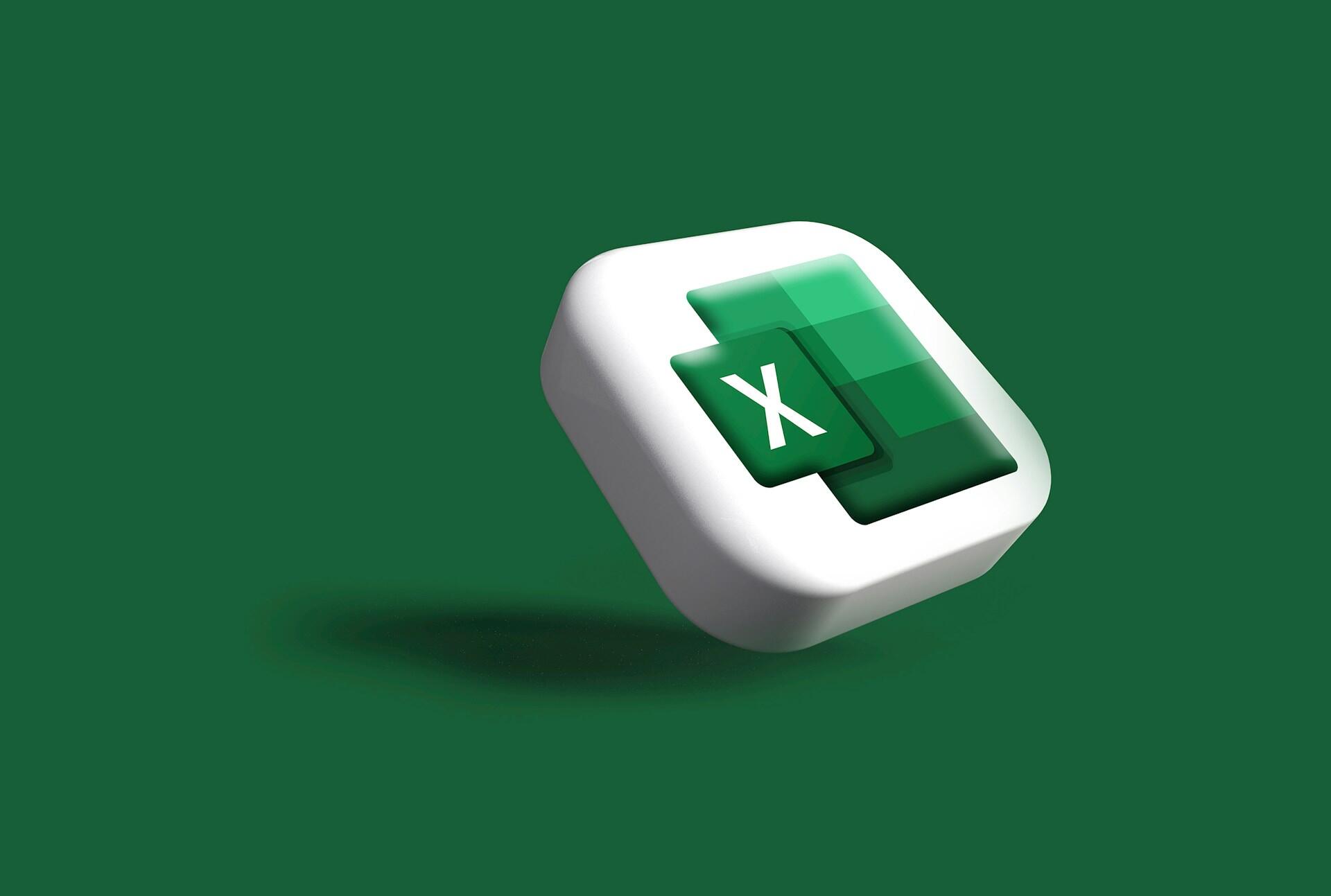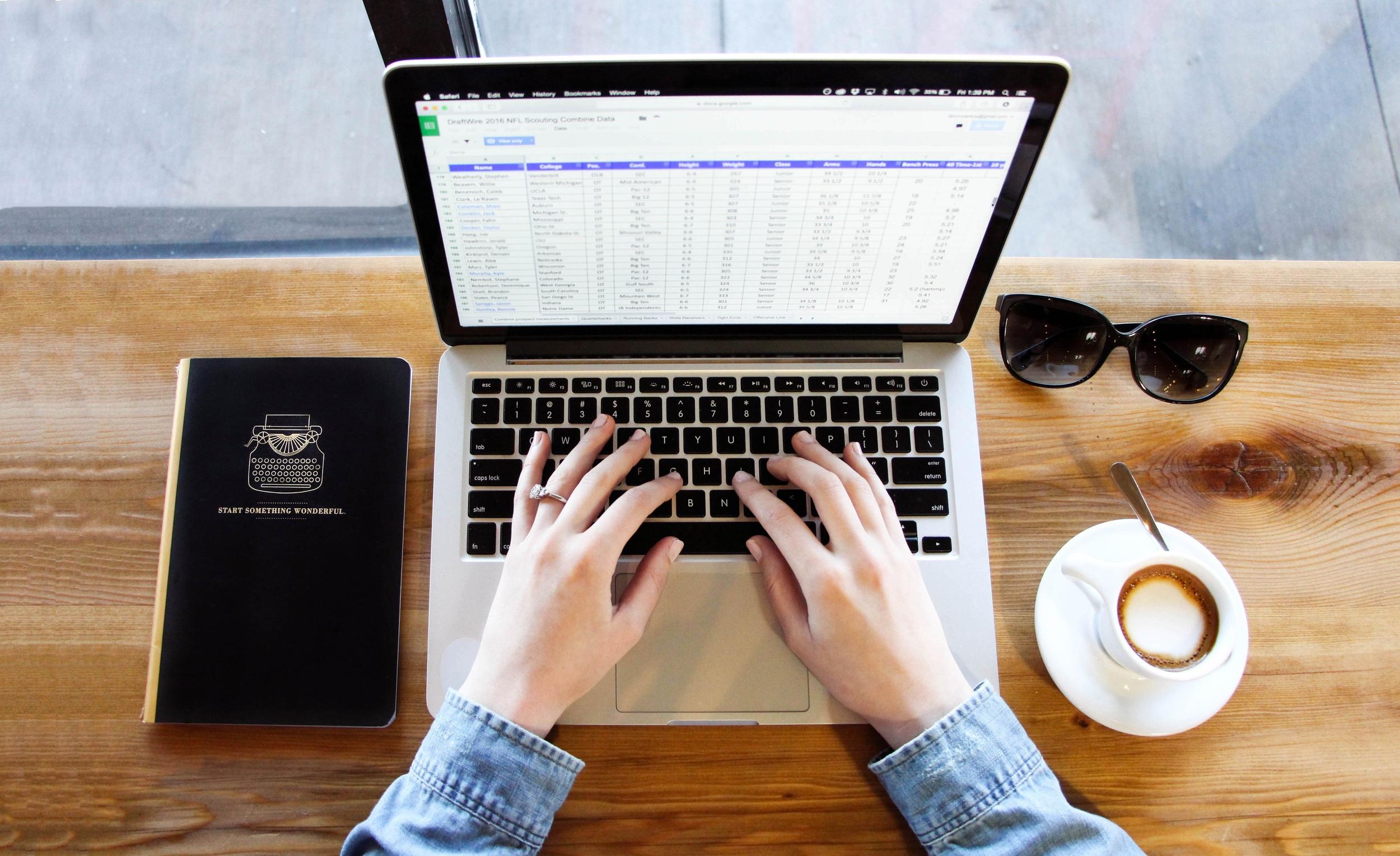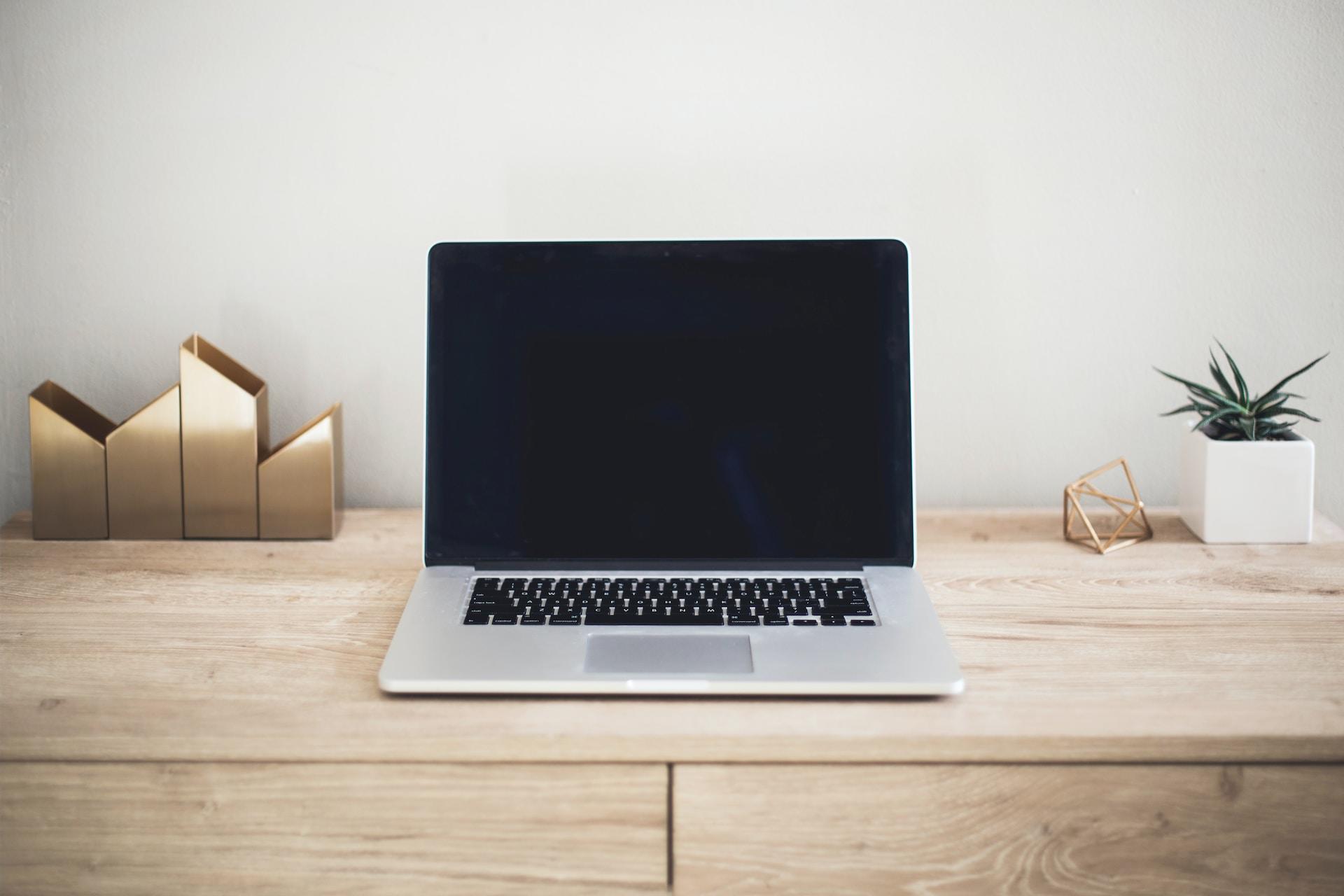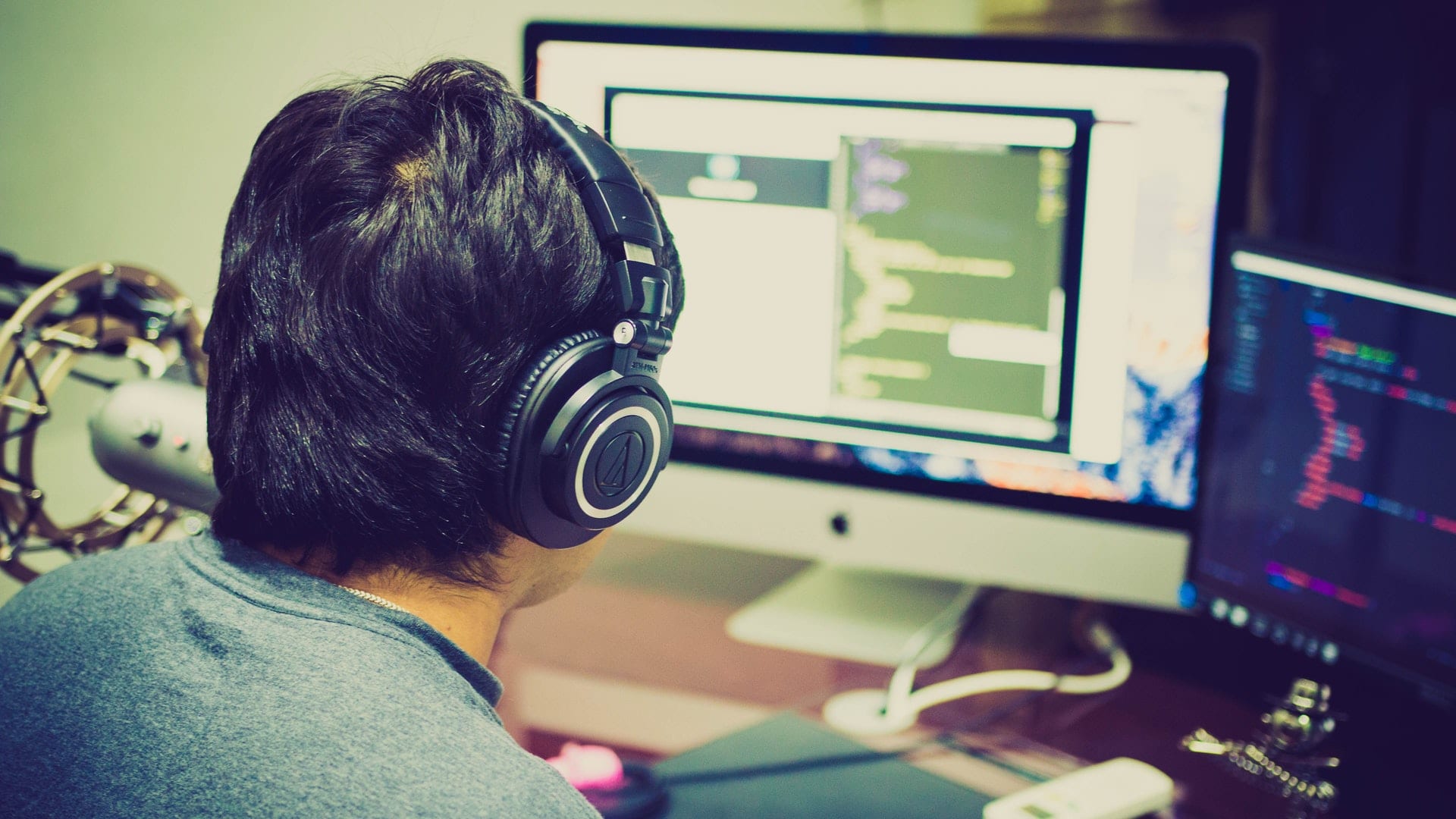In its short existence, the internet has become the world's go-to source for entertainment, education, socialising and much more. One might say it’s easier to list the things you can’t find on the internet. You can even buy your dinner online!
But as the late great Stan Lee once wrote for a Spiderman comic: ‘with great power comes great responsibility’. With all the power at your fingertips to surf the internet like a never-ending wave, it’s important to understand its associated risks. Common sense will keep you safe for most of the time you spend on the internet but you might not be aware of what could put you in danger.
Your personal address might be compromised. Your bank details could be stolen and you could get hacked so you need online safety tips that will help you follow basic rules for how to stay safe online.
In this guide, we will address the most important things to consider to stay safe online and go over what internet safety is. We'll also touch upon some of online safety's finer points that you may not have thought of yet.

Online Safety Tips for Personal Information
Your digital footprint will follow you until the day you die and beyond, even. That means you should be discerning when it comes to offering up your personal information to different websites. Listing personal information creates risks to your personal safety if your address were to become common knowledge.
Giving your personal information out to every website you sign up for will ensure your name pops up on hundreds of databases; a concerning thought.
Let's clarify that giving personal information such as your name, age, and e-mail address is fine in most cases. You needn’t worry about any e-mail lists or subscriptions you took out online. It's credit card information, insurance information, and social security numbers that are potentially dangerous to give out.
Never give out financial information unless you are 100% sure it is a trusted site, such as a trading website like Amazon. If you can’t verify that it's a legitimate site, you may try digging deeper to verify it. But it would be best to steer clear of such a website altogether. Beyond that precaution, follow these key steps to ensure your personal data is as secure as possible.
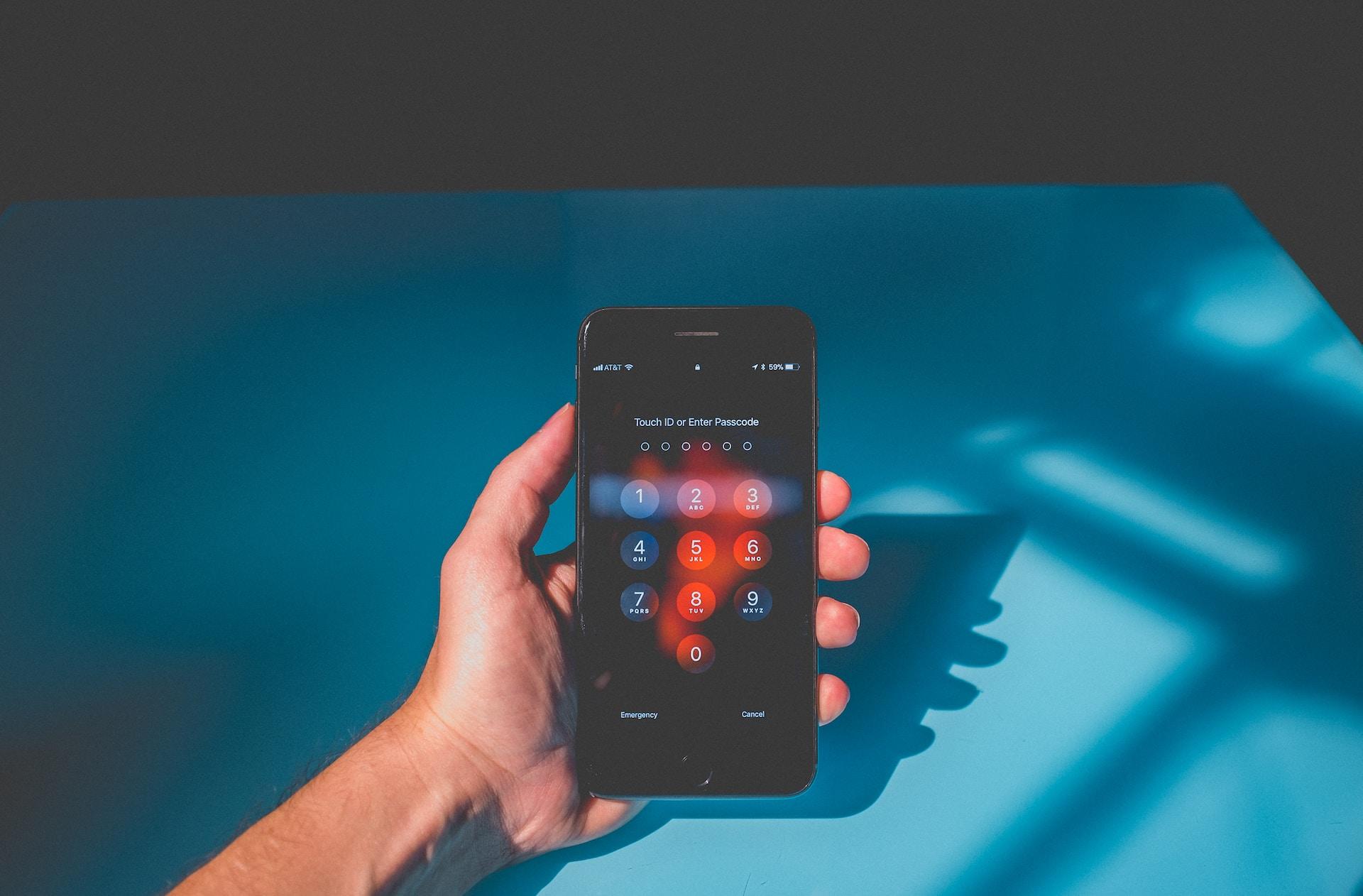
Use Strong Passwords
Of all the online safety tips to ensure your online security, creating new, strong passwords tops the list. A strong password contains a mix of letters, numbers, and symbols. You may have seen such sample passwords on websites' sign-up screens, they look like strings of nonsensical gibberish.
That's the point, because those types of passwords are considered to be the most secure.
Creating strong passwords, even for your personal e-mail, is important since hackers love an easy target. You’d be surprised how quickly hackers can figure out a basic password! So your best bet is to create one so long and complex they don’t stand a chance of gaining access to your personal data for every website you have an account with.
Don’t Overshare
Among the important online safety tips: don’t overshare on social media. Social media safety is critical in this digital age. One of the best and worst aspects of the internet is the permanence of anything you post on it.
Text, photos, and videos aren’t deleted from the internet after a while, they could be there your whole lifetime.
With that in mind, take a moment before posting controversial tweets or risqué photos. You don’t want them to come back to haunt you a few years down the line, especially if job hunting is in your future.
It’s best to keep your cards close to the vest and only post what you would be happy for a potential employer or family member to see.
Encrypt Personal Data
The last of the all-important online safety tips is an interesting one, something not many people consider doing. Encrypt your data to reduce the risk of it being compromised by hackers. But what exactly is data encryption? Maybe you’ve heard the term but never really understood what it meant (like me!).
You might think that it’s something that only the technologically literate can pull off. Data encryption is accessible to everyone, it refers to translating data into a code or another form. That means the only way to access it is through the use of a decryption key.
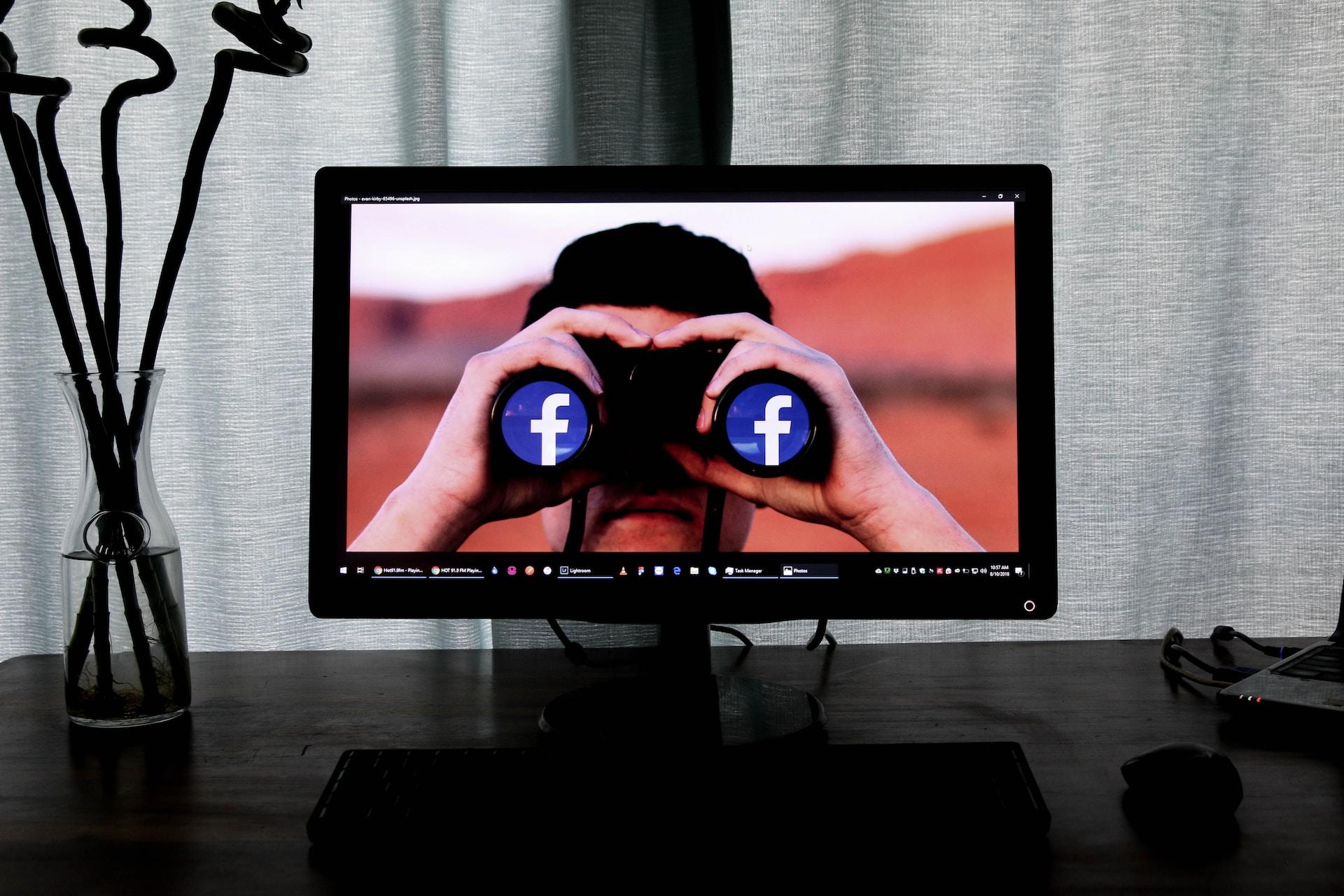
Privacy Settings and Precautions
We're not done dispensing online safety tips yet. Safeguard yourself against personal data theft by going over your privacy settings and making sure you're protected even as you log out for the day. First, check your computer or smartphone’s privacy settings. You can find these settings in the tools menu of your preferred internet browser.
You may set your browser to clear its history once a week or upon every logout. If that seems too restrictive, consider clearing your cache to delete cookies at least once a month. Those bits of code may sound innocent but companies use them to keep track of your online activity, sometimes for months and years. You should also consider unticking the option that allows apps you’ve downloaded to share data since this means your information can be used by all and sundry.
Geo-tagging
A fancy way of saying location sharing, geo-tagging is a feature you should switch off. Geo-tagging scans your photos, videos, and social media posts to link them to a specific location. This may be a fun feature and a nice way to organise your holiday photos. But it gives away your location wherever you take a snap, even of your pet while relaxing at home.
Always Log Out
It should go without saying that the best way to ensure nobody gets a hold of sensitive data is to log out every time you are done using a website or application. You've likely seen such warnings when using a computer in a shared space or public Wi-Fi. But it shouldn’t surprise you that hackers will have a much easier time breaking into your account if you leave the door unlocked.
Cyberbullying
Cyberbullying has become far more prevalent in this increasingly digital age when you can reach anyone at any time.
Australia's eSafety website revealed that around 44% of Australian young people report having negative online interactions. Fifteen per cent of them reported threats and abuse online.
So consider cyber safety and how to avoid being on the receiving end of online bullying; also take steps to ensure your child isn't exposed to cyber-bullies.
Cyberbullying results from the ease with which we can contact anyone and the anonymity cyberspace affords. Consequences are few if one can conceal their identity online. That makes the internet a dangerous platform if used to this end.
If you know someone who is being cyberbullied, discover the steps you can take to help them.
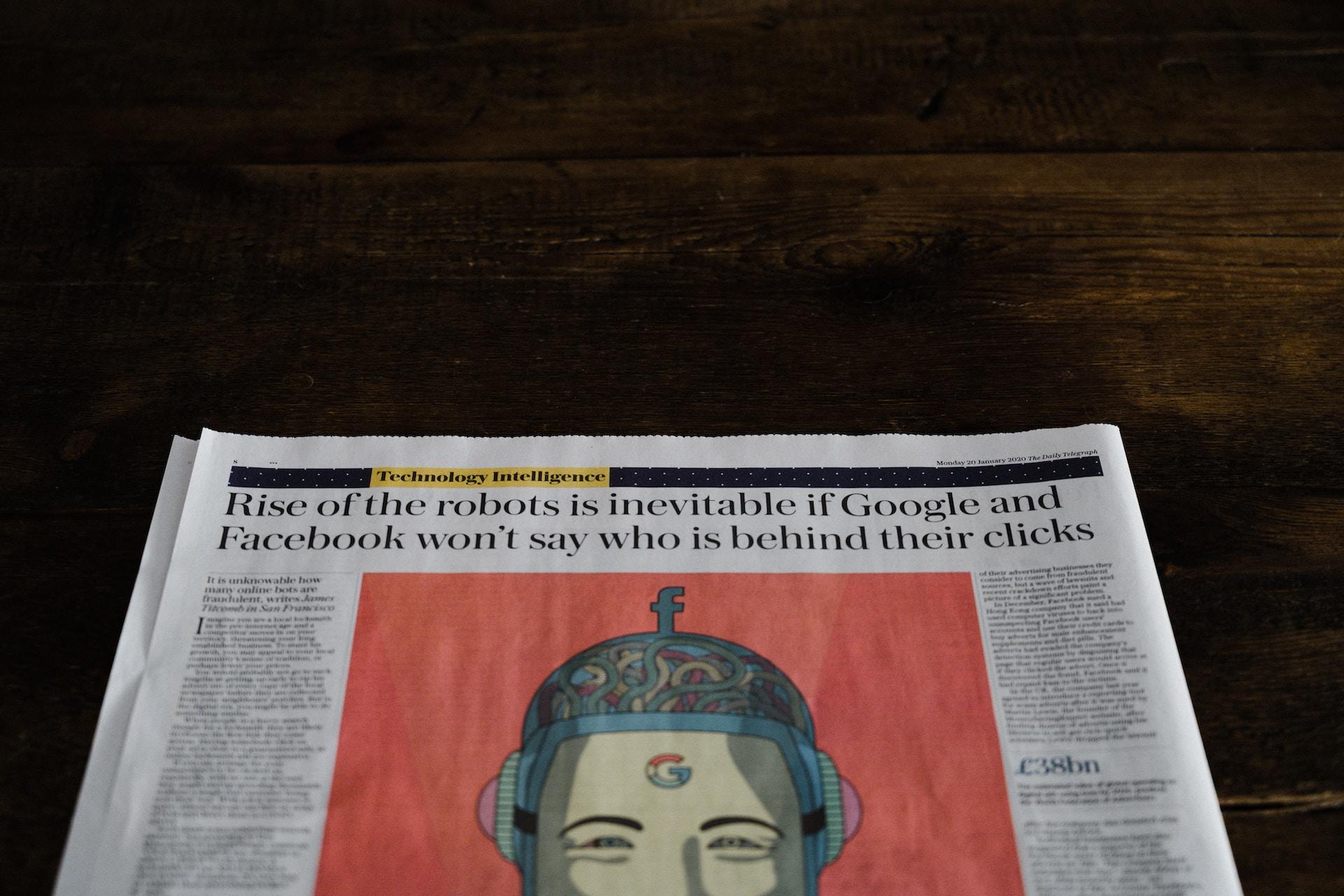
Dangers of the Digital Age
The internet and social media present us with new challenges and dangers. Smartphones are the biggest danger, making phone safety a critical issue. Potentially harmful effects include negative impacts on children’s social development and growing dissatisfaction from comparing our lives with those around us.
From cyber-security to cyberbullying, there's much to worry over in the digital age.
Digital Lives
While it perhaps isn’t the biggest threat to your online safety, social media can have a detrimental effect on your well-being. These days, it’s common to see mobile phones instead of books and newspapers. That says a lot about how we, as a society, turn to our screens and the internet for information and entertainment. Living a digital life has its perks. But if we choose the phone or computer over social activity and exercising, how rich a life can that be?
This is especially pertinent for children. Often once they experience digital activity on a tablet or mobile phone, they are instantly sucked in. If we don’t set limits, kids could suffer academically and developmentally, so it’s important to stay on top of their internet use. Not to mention the dangers of giving kids free rein to roam the internet and its dark corners.
Social Media Jealousy
Today, it's hard for many to imagine living without social media. So addictive is it that we develop unhealthy routines such as scrolling through our digital feed first thing in the morning.
Human nature craves the validation and instant feedback social media gives. These platforms' algorithms are designed to get subscribers hooked. I’ve found myself mindlessly scrolling through my Instagram feed without even paying attention to the photos. That realisation caused me to reconsider my habit.
Social media jealousy is one of the biggest problems of a social media presence. Seeing and reading about other people’s ‘perfect’ lives through photos and videos often fosters jealousy and the feeling that our lives pale in comparison.
To avoid this harmful phenomenon, we should try our best to limit our exposure to social media. Let's try not to put too much stock into others' 'amazing' photos. The reality is that most people lead good but ordinary lives, filtering only their best moments through social media.
Summarise with AI:


















